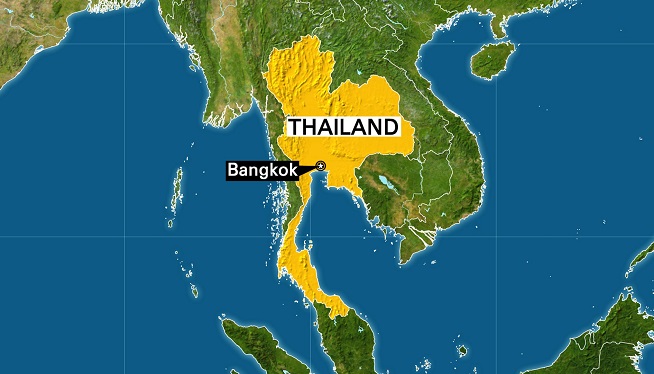If you're planning travel to Thailand, find out what you need to know about coronavirus there in the Coronavirus section.
During the COVID-19 pandemic, it is more important than ever to get travel insurance and check it provides sufficient cover. See the FCDO's guidance on foreign travel insurance.
For information about COVID-19 vaccines, see the Coronavirus page.
The Thai authorities have introduced a number of new disease control measures at national and local levels. The situation is likely to continue to change with measures being introduced or lifted at any time. You should follow the advice of the Thai authorities. See Coronavirus.
A nationwide rollout of vaccines for all residents of Thailand, including foreigners, is now in progress. In many areas there are limited supplies of vaccines and registration and vaccination programmes have been temporarily suspended.
In the areas most affected by COVID-19 there is increasing pressure on medical services. You may find it difficult to access COVID-19 testing and medical care.
Activists may continue to hold rallies across Thailand in the coming weeks. In Bangkok, potential rally locations include the Democracy Monument on Ratchadamnoen Avenue, the Ratchaphrasong Shopping District, Skywalk near the MBK building and Bangkok Art and Cultural Centre, Din Daeng intersection, Phloen Chit Road, Asok intersection, Wat Phra Kaew, the Grand Palace, Victory Monument and university campuses.
Marching routes and rally points can change at short notice and without warning. Rallies may disrupt traffic and public transport, commercial activity and there may be a heightened security presence.
At recent protests, some groups have thrown objects such as stones, bricks, water bottles, sticks, fireworks, and small homemade explosive devices. Police have used water cannon, tear gas, and rubber bullets. There have been incidents of shootings with live ammunition at recent protests.
Avoid any protests or political gatherings and be wary of making public political statements. Lèse-majesté (criticism of the monarchy in any form) is a crime which can be broadly interpreted and can carry a long jail sentence. See Political situation
Terrorists are very likely to try to carry out attacks in Thailand. On 2 August 2019, a number of small explosions occurred in Bangkok. On 10 March 2019 a number of small explosions occurred in Satun City and in Patthalung Province in the south of Thailand.
The authorities have on a number of occasions warned of the possibility of attacks to coincide with symbolic dates or holidays. Take care, particularly in public places, follow the advice of local authorities and monitor local media reports. See Terrorism
Urban areas across Thailand, especially in Bangkok and Chiang Mai, can experience poor air quality and high PM 2.5 counts, occasionally entering the unhealthy and hazardous levels. See Air quality
Make sure you research local laws and customs before you travel. Laws and penalties can be different from the UK. Conviction for possession, distribution or manufacture of drugs can lead to the death penalty. See Local laws and ustoms
There are a high number of road traffic accidents in Thailand especially involving motorcycles. See Road travel
The rainy season in much of Thailand is from May to October. See Rainy season
UK health authorities have classified Thailand as having a risk of Zika virus transmission. For information and advice about the risks associated with Zika virus, visit the National Travel Health Network and Centre website.
The Tourist Authority of Thailand's website and call centre (1672 – press '9' for English) are able to provide some general advice to tourists in English. If you need to contact local emergency services, call 1155 (tourist police) or 1669 (emergency medical services).
If you need emergency help from the UK government, contact the nearest British Embassy, Consulate or High Commission.
If you're living in Thailand or planning to stay for a longer period, check the Living in Thailand guide in addition to this travel advice.
The Overseas Business Risk service offers information and advice for British companies operating overseas on how to manage political, economic, and business security-related risks.
For security reasons, the FCDO advises against all but essential travel to:
- Pattani
- Yala
- Narathiwat
- Southern Songkhla province. This does not include areas north of and including the A43 road between Hat Yai and Sakom, and areas north-west of and including the train line which runs between Hat Yai and Pedang Besar.
Consular assistance is available throughout Thailand, except for the provinces noted above. See Terrorism




Inga kommentarer:
Skicka en kommentar